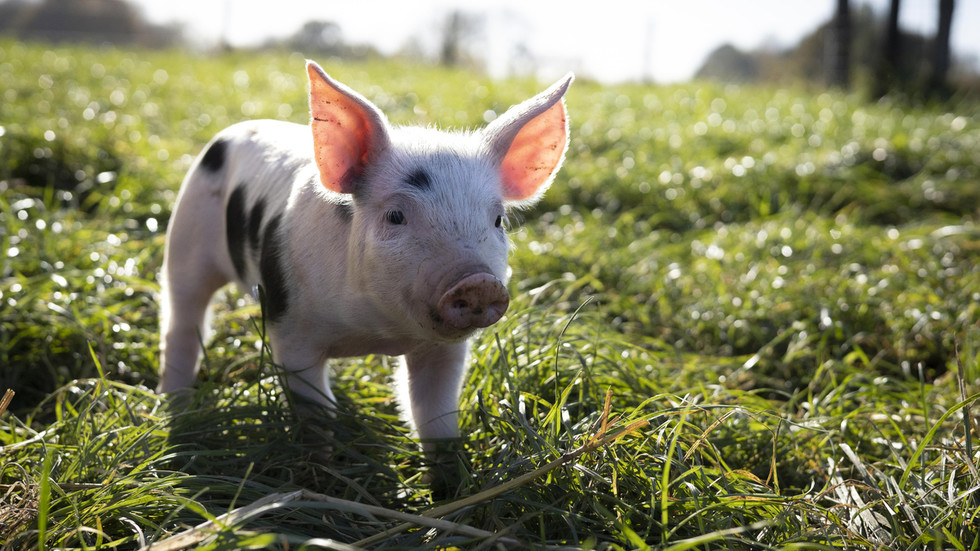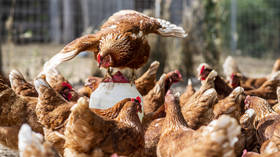
Beijing has agreed to allow pork imports from Russia after a 15-year halt, with the first deliveries expected by mid-2024

© Getty Images / Celine Weerts / 500px
China has lifted a ban on imports of qualified Russian pork, Russian agricultural watchdog Rosselkhoznadzor announced on Thursday. Restrictions were initially imposed in 2008 after an outbreak of African swine fever (ASF).
According to China’s General Administration of Customs (GAC), the decision was made following a thorough check of Russia’s system of ASF control. Under the new regulations, pork imports will be allowed from Russian regions which are proven to be free of the virus. Rosselkhoznadzor noted that Chinese customs officials will formulate inspection and quarantine requirements for Russian pork supplies in the coming months.
Russia’s Ministry of Economic Development announced on Friday that the first deliveries of pork to the Chinese market are scheduled for the second to third quarter of 2024. The delay is due to regulatory procedures Russia must pass prior to launching deliveries. The measures include Russia and China signing a protocol on the requirements for pork supplies, while exporters must obtain veterinary certificates and register in the system of Chinese food suppliers.
“China holds the leading position globally in terms of the volume of pork consumption by the population. We consider the Chinese market the most promising for the supply of our domestic pork products,” the head of the ministry, Maksim Reshetnikov, told reporters.
Yury Kovalev, the head of Russia’s National Union of Pork Producers, told Vedomosti that the removal of the ban is the result of Russia’s extensive work to contain African swine fever and create a satisfactory control system. He noted that fewer and fewer countries are free of the virus, making it important to introduce and amend import controls but refrain from sweeping bans.

In September, Rosselkhoznadzor registered ten cases of pork infected with African swine fever in Russian stores. While not dangerous for humans, the virus is easily transmitted and is deadly for pigs. According to the watchdog, one of the main reasons for the spread of ASF is the use of food waste for livestock feed.
Kovalev noted that Russia will face significant competition once it returns to the Chinese market. According to his estimates, China imports between 2.5 and 3 million tons of pork products annually.
“The competition will be fierce [but] even if we can get 5-7% of this market, it will be a great success,” he stated, noting that Russia could double the volume of its total pork product exports.
For more stories on economy & finance visit RT’s business section




